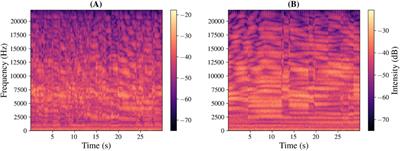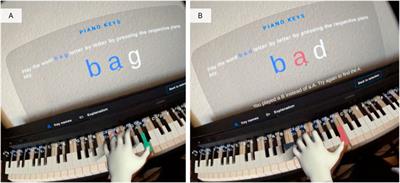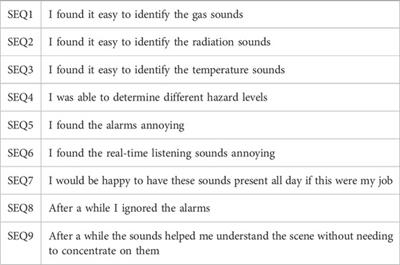TECHNOLOGY AND CODE
Published on 08 Nov 2024
Networked microcontrollers for accessible, distributed spatial audio

doi 10.3389/frvir.2024.1391987
- 619 views
532
Total downloads
4,751
Total views and downloads
TECHNOLOGY AND CODE
Published on 08 Nov 2024

ORIGINAL RESEARCH
Published on 05 Nov 2024

ORIGINAL RESEARCH
Published on 20 Jun 2024
